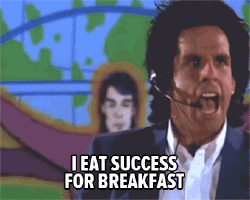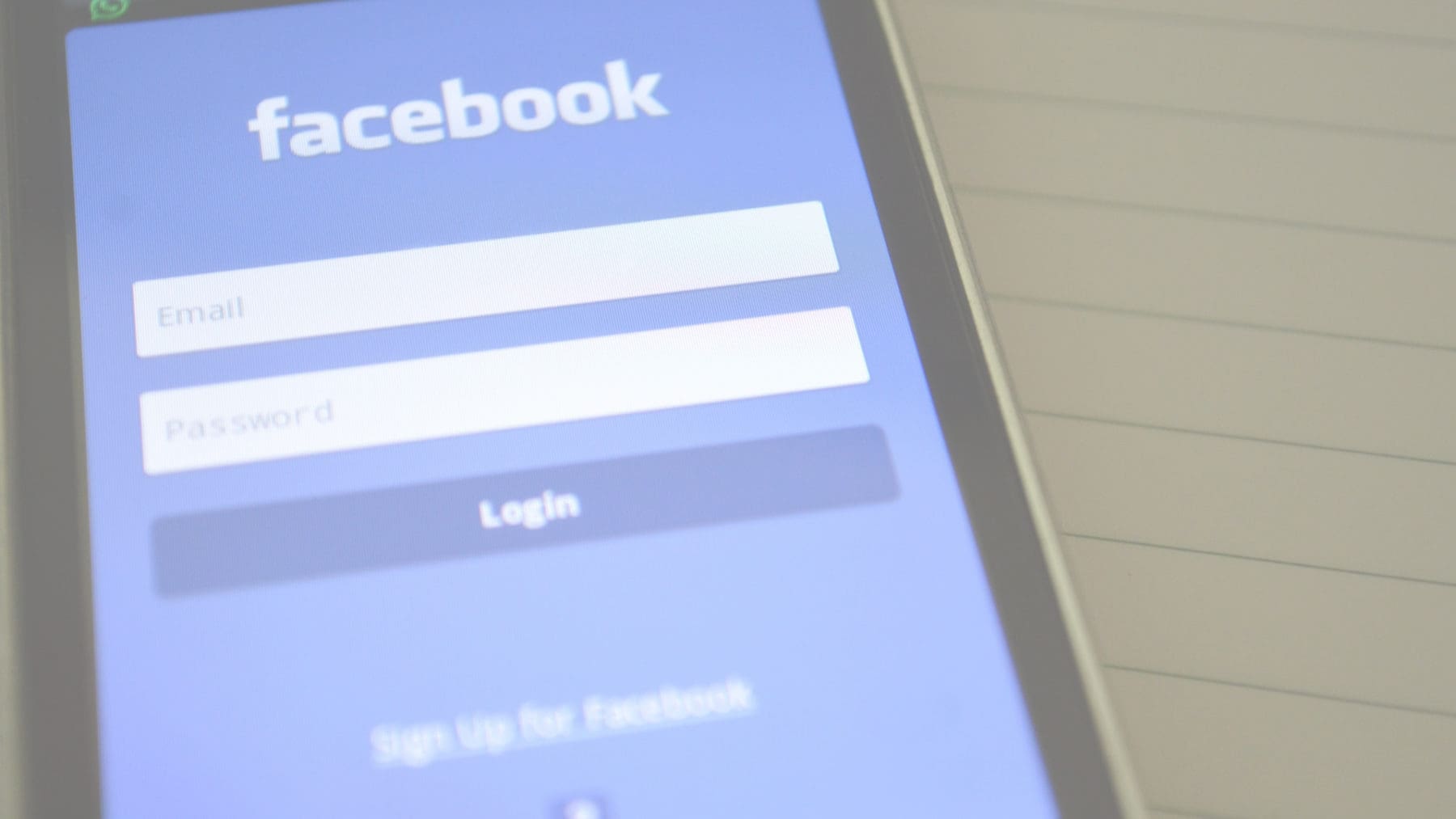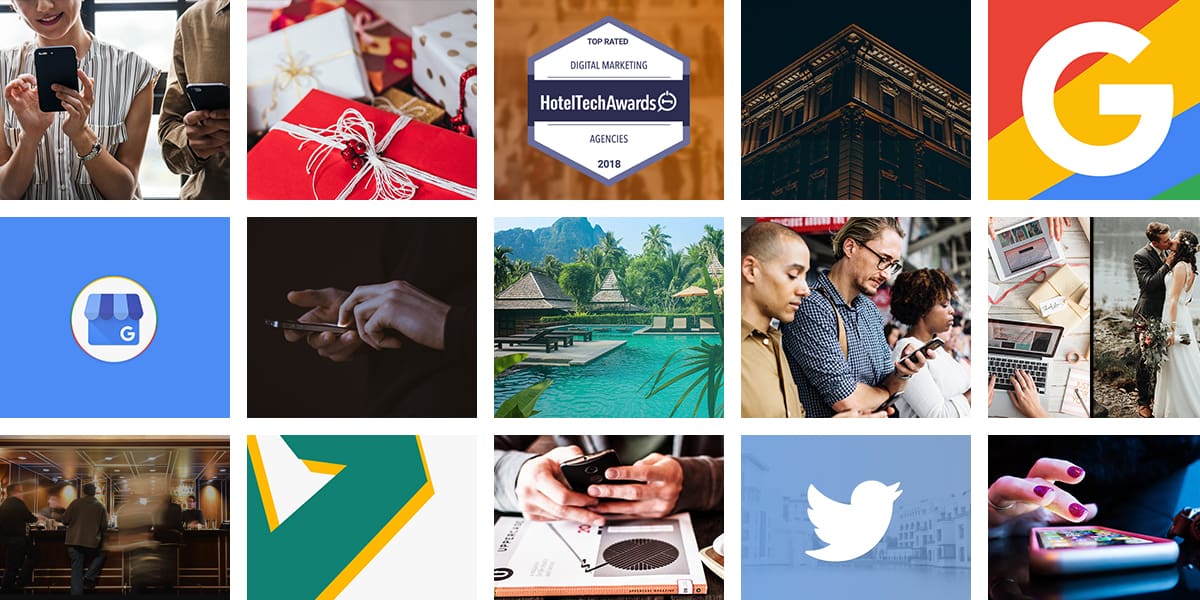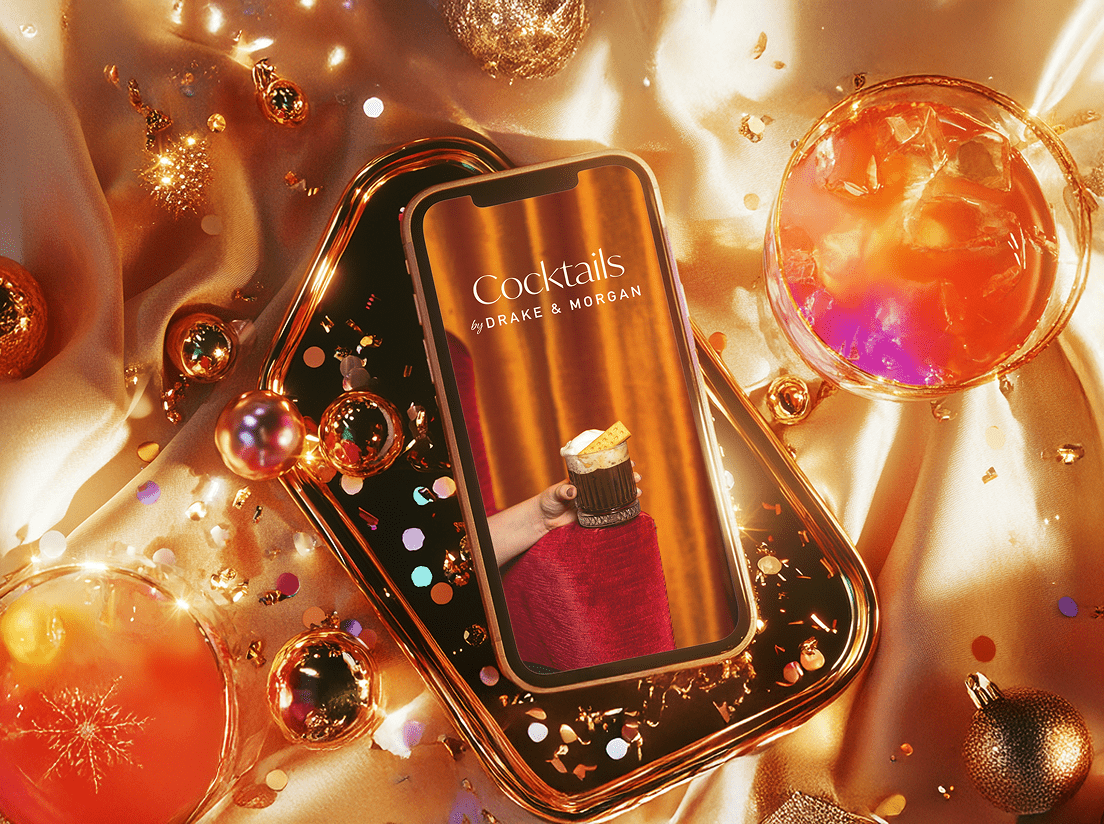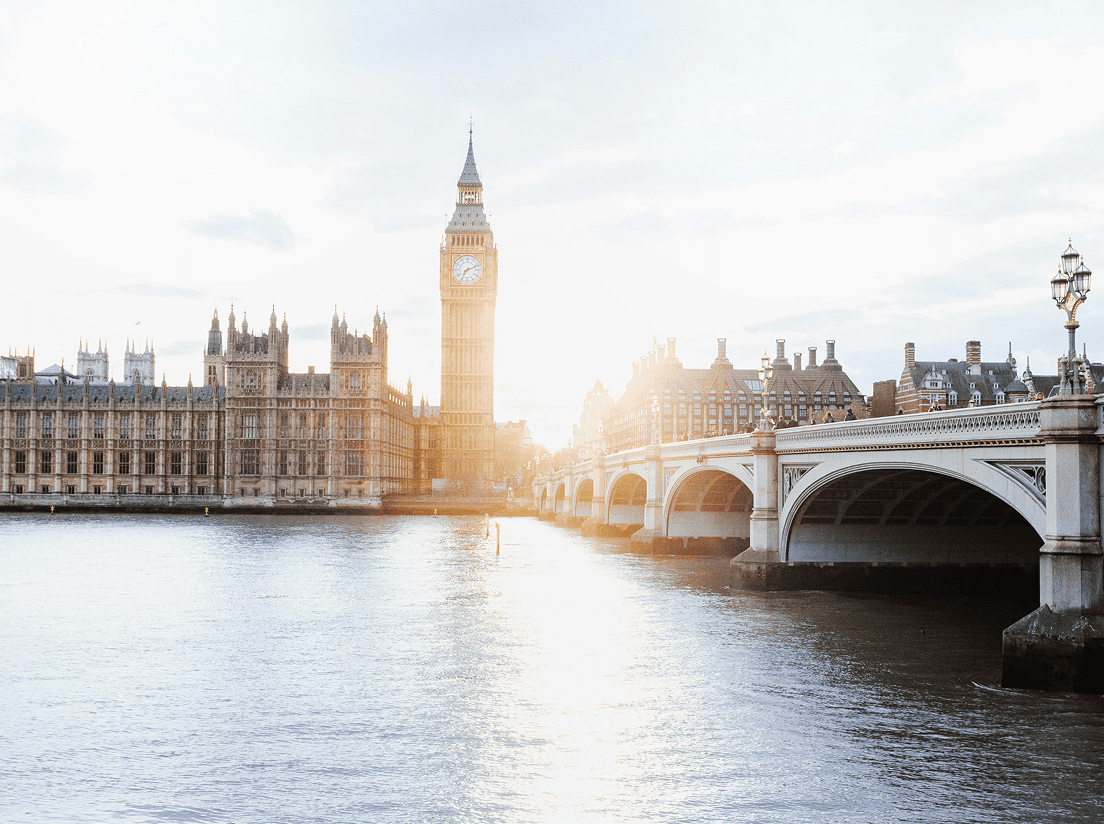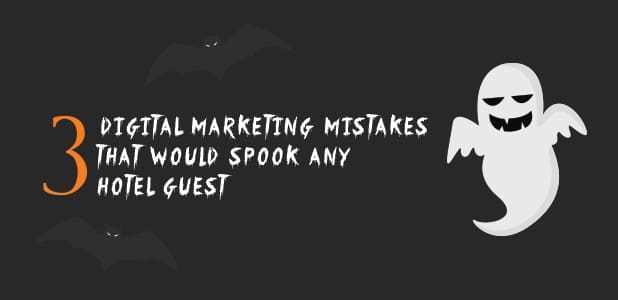
I’ve never been big on Halloween personally; I cower in fear during the cheesiest of horror movies, vault higher than a WNBA sensation at even the slightest jump-out-and-grab-ya moments, and have vowed to never visit a haunted house willingly.That aside, as a digital marketer I can appreciate the role of “scare tactics” in some strategies and have definitely seen their effectiveness. But I’m not convinced the hospitality industry is the place to deploy such an approach. In an operation where guest service is (or should be) the #1 priority – spooking potential guests away with anything less than a warm and friendly online presence is a surefire way to watch those revenue numbers fall fast.This Halloween, we’ve put together a short list of horrifying, spine-chilling, BLOODCURDLING… just downright scary Digital Marketing mistakes that you should definitely be leaving out of your 2017 strategies.
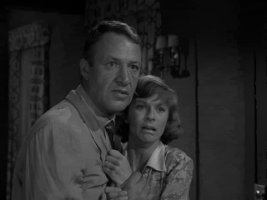
1. Threat MarketingWhether it be in your email marketing content, on website buttons, in social media posts, or anything else, there’s no need to push your potential guests any closer to the ledges of anxiety with wording like “OPEN THIS ASAP”, or “YOU’LL MISS OUT BIG TIME”. For one, leaving your guests with limited decision making time is just asking for cart abandonment and high bounce rates.
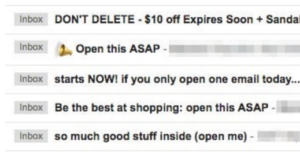
(Image Courtesy: MozCon 2016, Justine Jordan – Litmus)
If guests are still in the research and planning phases of their journey, a limited time offer or expiration date may not meet them with “save for later” peace of mind. Instead, try personalized language that aims to assist in solving a problem for your audience. Ask a universal question or need, propose a reward for engaging, build trust by outlining all the details up front. One of the most suspect places we digital marketers tend to use this strategy is any time we’re looking for signups; email signups, event registrations, flash sales, social media engagement, etc. Using language that could potentially alienate a guest or make a new follower feel excluded should be 101 in things you don’t do online. Not only is it bad practice, but more often than not – it’s a false representation of your hospitality brand that’s really all about making people comfortable and welcomed. So stay away from those buttons that read, “No thanks, I’m not interested in deals” and “No thanks, I like being left out”.

Stick with rewarding your guests for signing up for your deals or visiting your site with discount incentives or exclusive email offers to encourage loyalty and relationship longevity. 2. Unresponsive Social Media ManagementYou’ve got the strategy, you’ve got the on-property community manager (or agency partner) creating content, and you’ve got the monthly reporting down pact. But if you’re not spending time between all those steps responding to comments, questions, complaints, and concerns – you’re missing what the whole thing is all about.
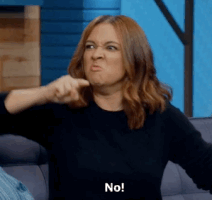
Social media should be, well, social. We all know that social media searches via mobile are on the rise, and according to an article from Buffer Social, research from J.D. Power reported that “67% of consumers have used a company’s social media channel for customer service and that 42% of consumers expect a response with 60 minutes.” Guests will use social media at every level of the purchase funnel, which means their questions will be different at every level of that funnel – and as they get closer to purchase or booking, they will expect answers faster and more thoroughly. With your growing audience, leverage your dedicated social media team to become your guest service champions. There are tons of trainings specific to hospitality social media management and best practices out there, easily downloadable and in most cases, free. However, I also highly recommend reaching out to your local Chamber of Commerce, CVB, Tourism Board, and sources within your community for hyper-focused training that’s relevant to your target audiences and existing visitors.3. Misrepresenting Your Brand OnlineYou’d think it would be obvious, but trying to maximize your PPC campaigns by falsifying information and misleading potential guests to get a click isn’t just poor form – it’s illegal.

That being said, mistakes can happen, and neglecting your SEO efforts for even a few days can lead to near disaster. We know first hand that it’s hard to keep up with the changing offers, fine print details, and daily rates of a busy hotel – but having a few dedicated members of a workforce on your side can keep your digital marketing honest and streamlined with timely audits. Ensuring that your online ads match the landing pages they lead to and that expired offers have been wiped from even the smallest corners of the web are just a few ways get started.
————
So, this Halloween, plan to start leaving the “spook” out of digital marketing for your hospitality brand. As we near the holiday season where so much marketing noise is sure to leave brands taking whatever measures necessary to grab potential guests attention – your campaigns are sure to show success by simply avoiding these three scary tactics.
